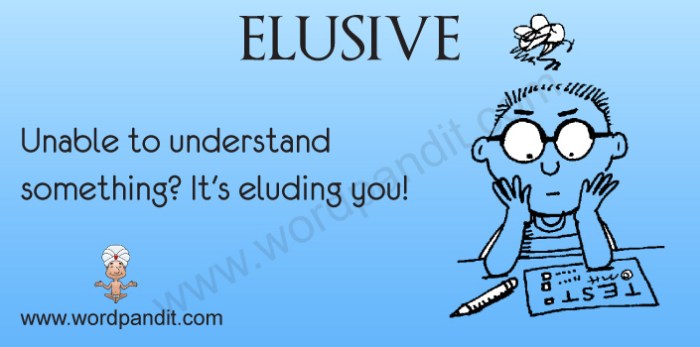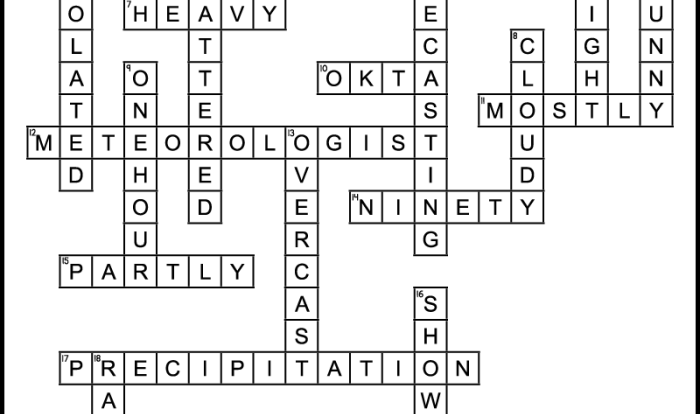Difficult to feel or understand crossword clue – When faced with a difficult-to-understand crossword clue, solvers embark on a journey of deciphering enigmatic terms, abstract concepts, and intricate wordplay. This article delves into the intricacies of such clues, unraveling the challenges they present and exploring strategies for successful interpretation.
Navigating the labyrinth of crossword clues requires a keen eye for detail, an understanding of cultural nuances, and a willingness to embrace ambiguity. By examining the complexities of vague language, abstract ideas, and deceptive wordplay, this analysis provides a comprehensive guide to mastering the art of crossword puzzle solving.
Difficult to Feel or Understand Crossword Clues

Crossword clues often rely on language that is vague, ambiguous, or abstract, which can make them difficult to interpret. This can be particularly challenging for solvers who are not native speakers of the language or who lack specific cultural or contextual knowledge.
Vague and Ambiguous Terms
Words like “elusive” or “intangible” can be challenging to interpret in crossword clues because they lack a specific or concrete meaning. This can lead to confusion and make it difficult for solvers to determine the intended answer.
Example:A clue that says “Something that is hard to grasp” could refer to a physical object, an idea, or a feeling. This vagueness makes it difficult to narrow down the possible answers.
Abstract Concepts, Difficult to feel or understand crossword clue
Abstract ideas, such as emotions or states of being, can be difficult to convey in crossword clues. This is because they do not have a physical or concrete form, which can make it difficult to represent them in words.
Example:A clue that says “A feeling of deep sadness” could refer to a variety of emotions, such as grief, sorrow, or despair. This ambiguity can make it difficult for solvers to determine the intended answer.
Cultural and Contextual References
Cultural or contextual knowledge can influence the understanding of crossword clues. This is because clues often rely on specific cultural or historical references that may not be familiar to all solvers.
Example:A clue that says “A famous British Prime Minister” could be difficult for solvers who are not familiar with British history. This lack of knowledge can make it difficult to determine the intended answer.
Q&A: Difficult To Feel Or Understand Crossword Clue
What are some common types of difficult-to-understand crossword clues?
Vague and ambiguous terms, abstract concepts, cultural references, double meanings, and tricky grammar are common challenges in crossword clues.
How can I improve my ability to solve difficult crossword clues?
Practice regularly, expand your vocabulary, research cultural references, and develop a systematic approach to deciphering clues.
What are some tips for solving crossword clues that use wordplay?
Consider multiple meanings of words, look for puns, and pay attention to the wording of the clue.




